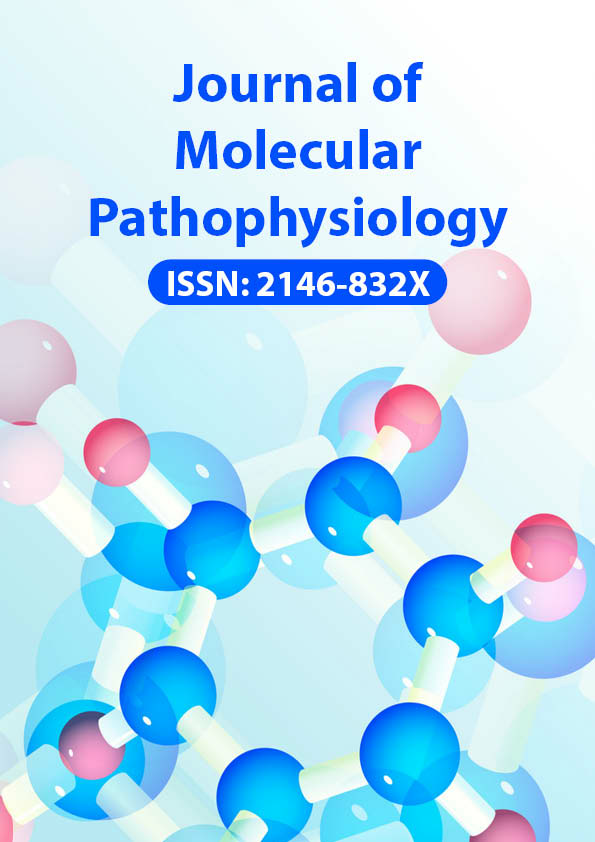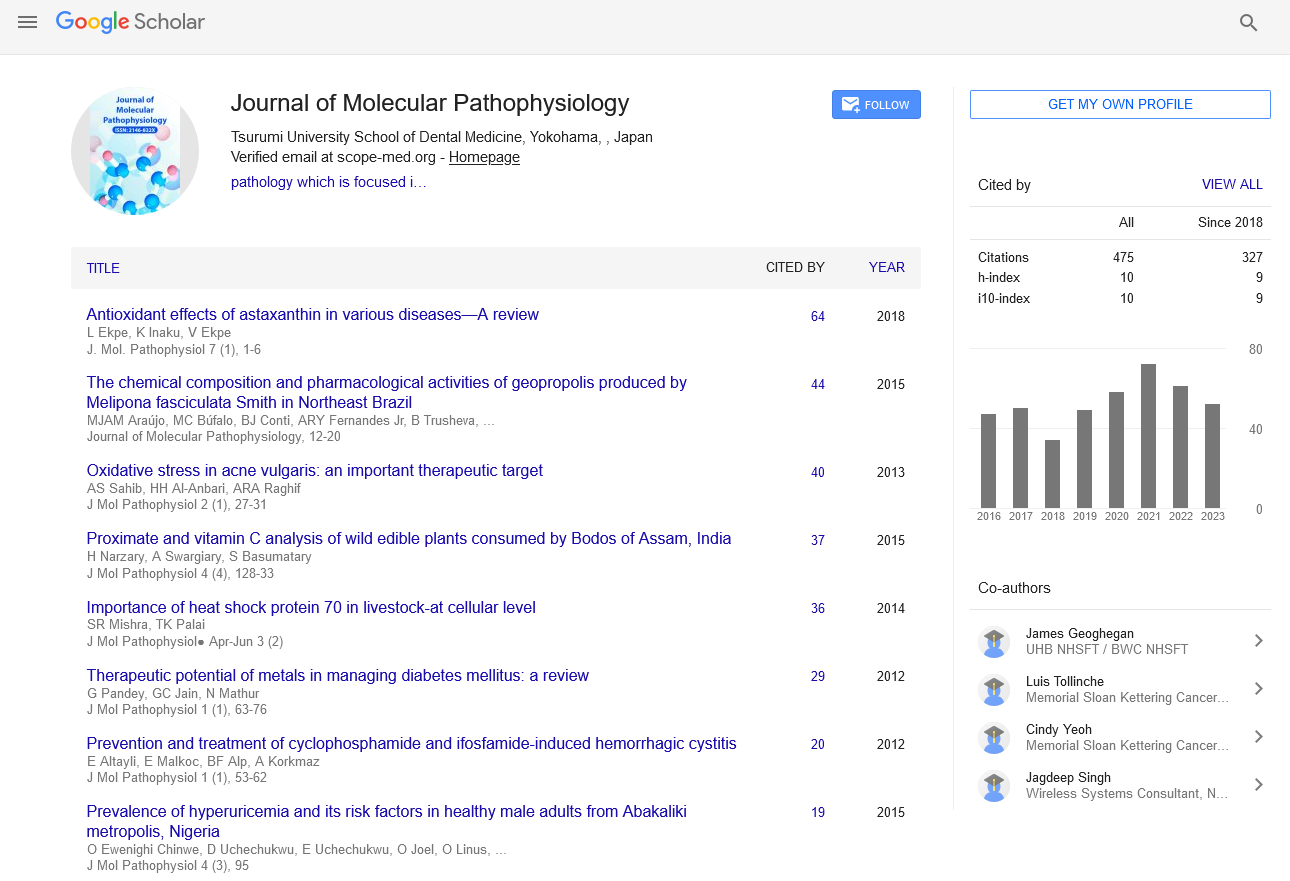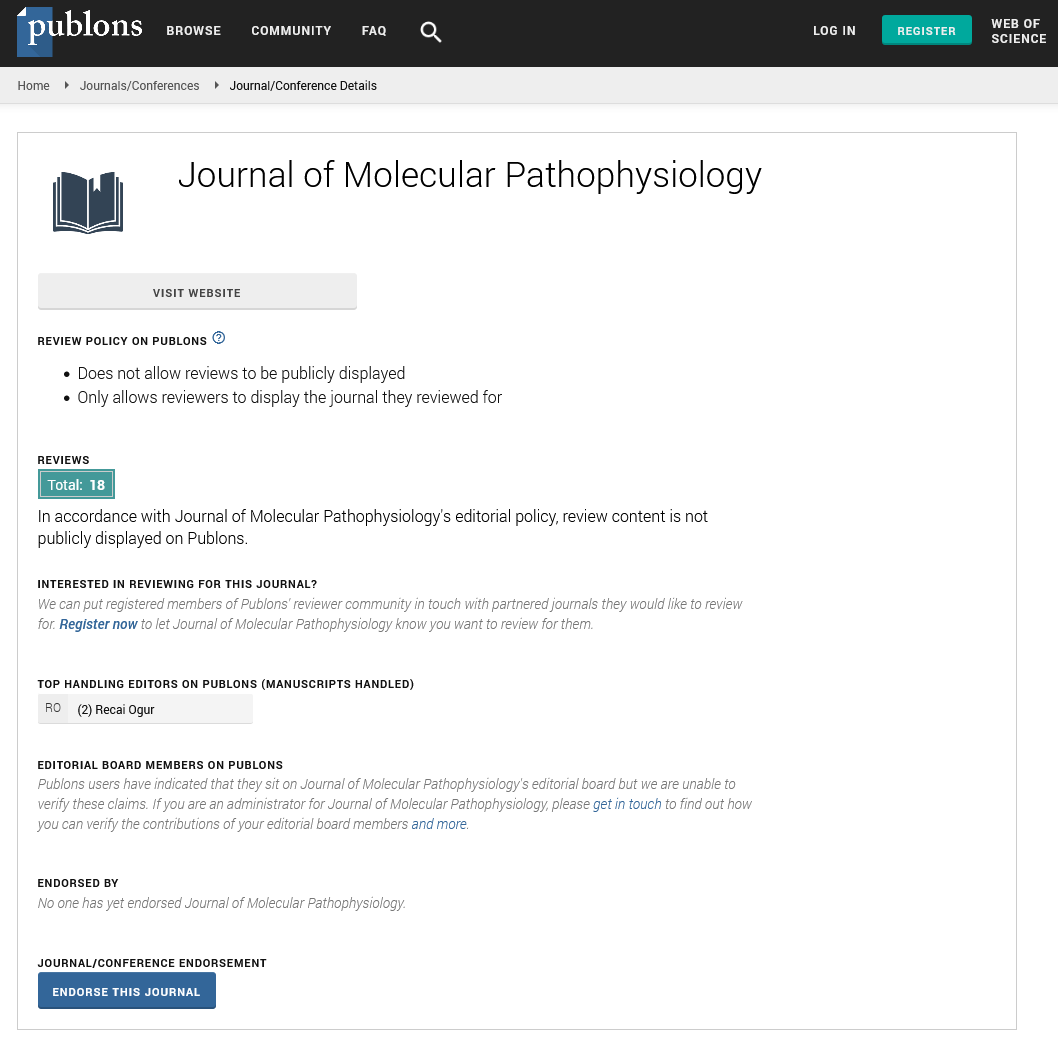Chemotherapy Resistance and Breast Cancer in Senegal: MDR1 Gene Polymorphism Running Head: MDR1 Gene Polymorphism in Breast Cancer
Abstract
Serigne Mor Samb Gueye, Fatimata Mbaye*, Mouhamadou Mansour SY and Mbacke Sembene
Objective: Interindividual variability in the pharmacokinetics of anticancer drugs limits their clinical use. The polymorphisms of MDR1 gene may explain these Interindividual variations and are associated with a phenotypic variation in P-glycoprotein, a membrane efflux pump that eliminates anthracyclines. This study aimed to investigate the role of two polymorphisms, C1236T and C3435T, in exons 12 and 26 of MDR1 gene in Senegalese patients with breast cancer who were treated with neoadjuvant chemotherapy with anthracyclines with fluorouracil-adriamycin-cyclophosphamide or doxorubicin-cyclophosphamide AC protocols.
Methods: PCR-RFLP was used to identify different genotypes of the C1236T and C3435T polymorphisms. Here, we evaluated five clinico-pathological parameters (age, number of therapy cures, histology, Scarff-Bloom-Richardson (SBR) histoprognostic grade and tumor stage) and ethnicity in four groups consisting of Wolofs, Peuhls, Sereres and others comprising small ethnic groups (Diola, Sarakhoule, Bambara, Maure and Soce). From March to August 2018, we examined 118 patients, of whom 58 were included. Of these 27 and 31 received chemotherapy with fluorouracil-adriamycin-cyclophosphamide and doxorubicin-cyclophosphamide, respectively.
Results: The mean age of the population was 42 ± 9 years, mainly composed of Wolofs (32.7%) and Peuhls (24.1%). Most tumors were histologically classified as IDC-NOS (48.27%), Histopathological SBR II (64%) and tumor grade IV (47.2%). The distribution of genotypic and allelic frequencies was C/C (28.57%), C/T (14.28%), T/T (57.15%), C (37.71%) and T (64.29%) for exon 12 and C/C (42.59%), C/T (37.07%), T/T (20.34%), C (67.18%), and T (32.82%) for exon 26. All these distributions follow the Hardy–Weinberg equilibrium. We obtained a 43.10% response rate. C3435T polymorphism in exon 26 of the MDR1 gene was found to be markedly associated with treatment efficacy. Further, resistance alleles for C3435T were more common among Peuhls (19.57%) and the C allele of the treatment-sensitive phenotype was more common among Wolofs (16.25%).
Conclusion: TT genotypes of exon 12 and CC of exon 26 of MDR1 confer a high risk of developing resistance to anticancer drugs and are the predictive factors of the worst therapeutic result.
HTML PDF






